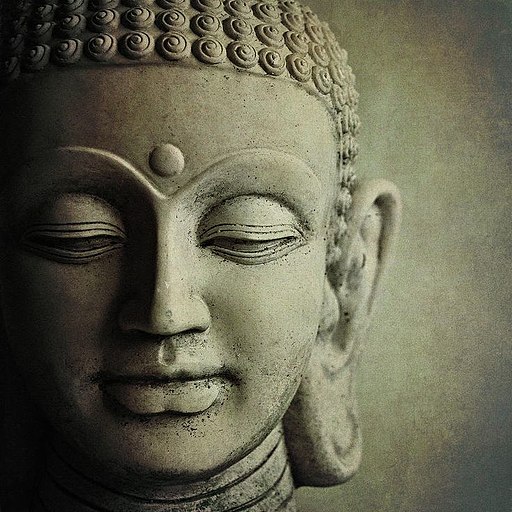What’s It to Ya, Doc?
— Mahatma Gandhi (1869-1948)
Anyone who has ever been a vegetarian or vegan even for a short time has probably at some point encountered hostility from a meat eater, perhaps on several occasions from many different people. The experience can be baffling, particularly if the vegetarian or vegan does not make a big show of their practices. Self-righteous and preachy behavior can be annoying, certainly, but even when a vegetarian or vegan abstains from being a smug boor, some meat eaters will attack them as if they had been. A couple of recent news items help illustrate the innate hostility some people harbor for those who don’t adhere to mainstream dietary practices, even though it’s no one’s business but their own and the majority of them do not go out of their way to bother anyone.

Marzipan carrots for carrot cake. Marzipan consists primarily of almond paste and sugar or honey, and vegetarians would partake of it, though if honey were in it, vegans would not. Photo by SKopp.
Nothing delights these self-appointed guardians of imagined societal standards more than catching a vegetarian or worse, a vegan (and therefore probably a liberal!) in an act of perceived hypocrisy, because then they can denounce the entire belief system and not be bothered anymore by any of its implications, such as cruelty to animals or environmental degradation. A problem ignored is a problem solved! Meat eaters who worry about the perceived sanctimonious behavior of non-meat eaters occasionally like to bring up the supposed fact of Adolf Hitler’s vegetarianism, as if the actions and beliefs of one ogre tarnish all vegetarians. That is like suggesting the beliefs and actions of all Christians are suspect simply because some white evangelical Christian leaders are terrible human beings.
In this Merrie Melodies cartoon from 1947, Bugs Bunny and Elmer Fudd are at odds with each other as always, and the cartoon finishes with action that for its time was considered normal.
It is interesting to note that in dealing with hostility from some meat eaters, non-meat eaters discover they can assuage the unease of their interrogators when they ask about the reasons for their choice by stressing the healthful benefits over the other issues. That approach is not entirely dishonest, since there are real benefits for human health in foregoing or at least restricting meat eating. The American diet of meat with nearly every meal is not the most healthful, nor is it the historical norm. Most Americans could stand to reduce their consumption of meat, and in doing so they would benefit their own health as well the health of the environment and the quality of life for billions of animals. It is interesting and sad to note that of the three primary benefits of an alternative diet, only the first sets well with right wing authoritarians, and only on account of selfish reasoning.
— Izzy 





